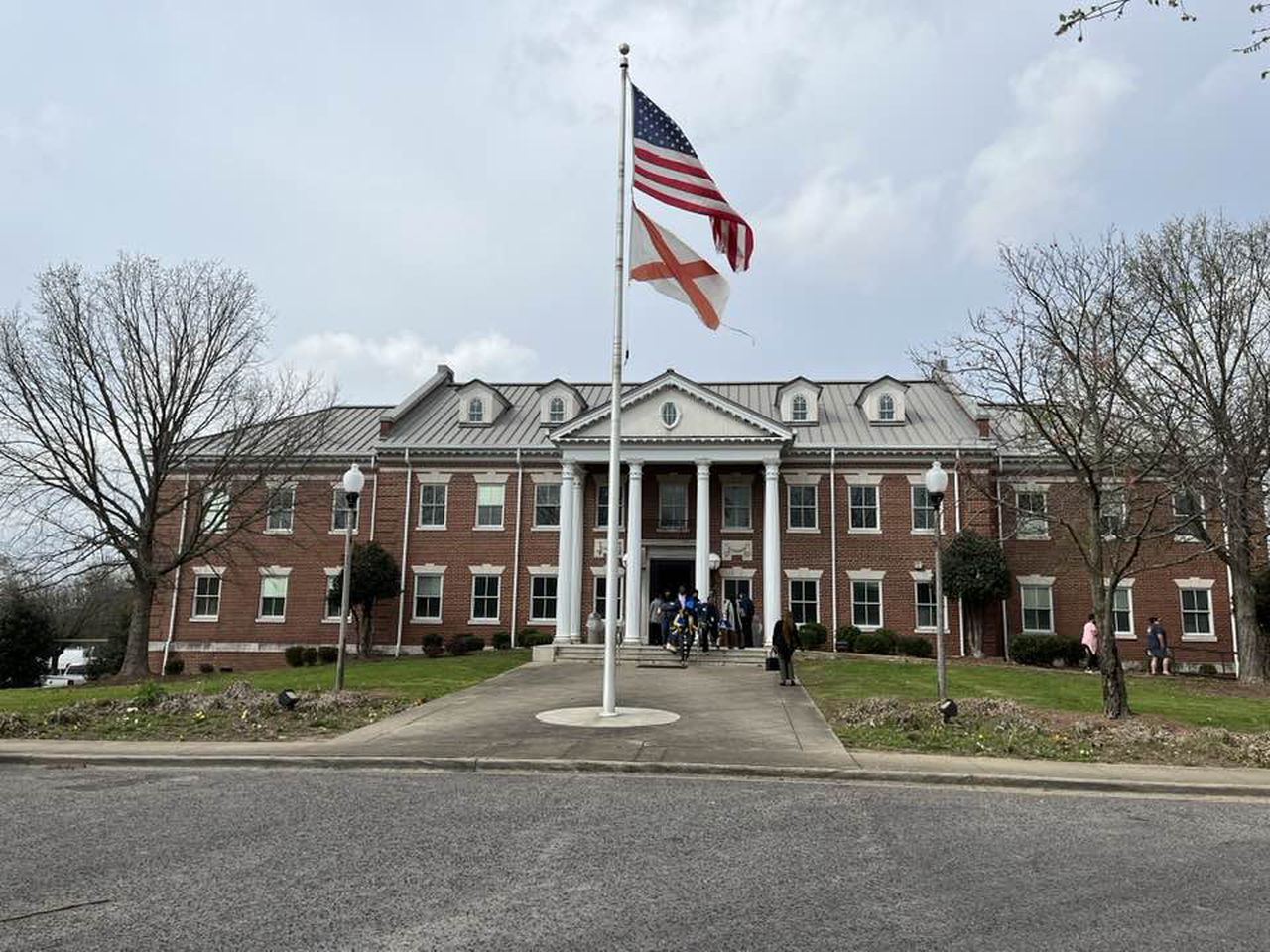Mayor, family court judge launch re-entry program for juveniles
Birmingham Mayor Randall Woodfin visited Jefferson County Family Court on Wednesday afternoon to help launch the RESTORE juvenile re-entry program.
The program, financially supported by the City of Birmingham, provides comprehensive services and support for youth ages 16 to 19 who are currently committed to the state’s Department of Youth Services.
Woodfin said 69 percent of the youth ages 13 to 22 who were murdered last year had prior family court contact and 83 percent of the perpetrators under the age of 22 charged with murder or attempted murder last year had prior family court contact.
“RESTORE is not the solution in isolation,” Woodfin said. The collaborative strategy will help have youth return to more stable environments, he said.
Presiding Judge Janine Hunt-Hilliard of Jefferson County Family Court said many of the youth who wind up in her court are charged with crimes that could send them to prison if they were adults. Instead, they get a chance to rehabilitate and another chance at life.
“It’s not about punishment, it’s about making them the citizens they should be,” she said. “We wrap services around that child.”
With rehabilitation, “the vast majority of those children do extremely well in a structured environment,” she said.
When they return to their previous environment, they often return to bad behavior, she said.
RESTORE works on providing stable housing, job training, education, mental health treatment and drug treatment for the families “to change the environment” that youth return to, she said.
“While they’re away in rehabilitation, we’re working on the families,” she said.
The program is a partnership with Jefferson County Family Court, Jefferson County Family Resource Center and the Jefferson County Juvenile Detention Center and part of a wider collaboration to focus on root causes of violence in order to address prevention and re-entry.
The city will provide $225,000 in funding that will go to:
· Comprehensive family intake and assessment
· Intense strength-based case management
· Benefits assessment
· Pay for essential documents such as State ID
· Creation of a participant educational/career plan
· Transportation for participants
· Provision of work/training equipment, clothing, testing/certification/licensure costs
· Incentives for progress and success
· Work with families to ensure safe housing and stability
· Advocacy, systems navigation and community-based services
See also: Birmingham City Council approves juvenile re-entry program
